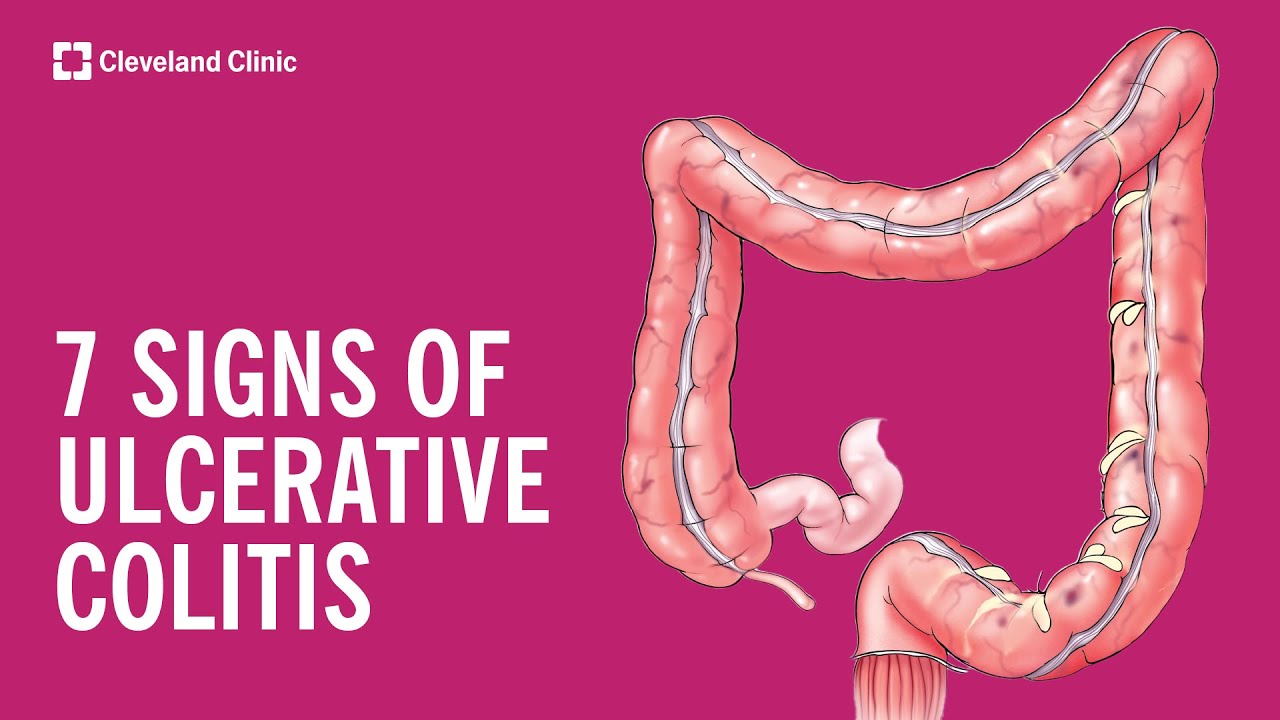Course of pediatric Crohn’s less complicated with early onset than with later onset
Reuters Health • The Doctor's Channel Daily Newscast
In fact, say the authors, the younger group may represent a unique disease phenotype that deserves its own management approach.
Using data from the multicenter Pediatric IBD Consortium Registry, Dr. Neera Gupta at the University of California, San Francisco Children’s Hospital and colleagues compared the presentation and disease course in two groups of children who were eventually determined to have Crohn’s disease: 83 with onset of inflammatory bowel disease symptoms between ages 0-5 and 891 with onset between ages 6-17.
The younger group was more likely to have received an initial diagnosis of ulcerative colitis or indeterminate colitis. The younger children also presented with more rectal bleeding and were more likely to have predominant colonic involvement.
The older children more often presented with abdominal pain, weight loss or fever and were at significantly higher risk for development of an abscess (hazard ratio 7.6), fistula (HR 2.67), stricture (HR 21.5), or perianal fissure (HR 2.24). They were also significantly more likely to be treated with antibiotics, 6-mercaptopurine/azathioprine, infliximab, or corticosteroids and had a higher incidence of treatment with 5-aminosalicylates or methotrexate.
Overall, the investigators emphasize, early-onset Crohn’s disease has a less variable presentation and is associated with a less complicated course. “The differences in the presentation and course of disease may indicate a unique disease phenotype in the 0-5 year age group, which may affect our approach to management in this age group,” the researchers write.
In an email message to Reuters Health, Dr. Gupta said, “Pediatric care providers must be aware of the variable presentation of Crohn’s disease in pediatric patients and that presentation of disease can differ by age.”
She added, “If a child or adolescent has symptoms or signs related to the intestinal tract that persist and do not respond to standard treatments, the clinician should consider evaluating the patient for inflammatory bowel disease.”
What’s needed next, the investigators say, are long-term prospective studies that incorporate formal staging of disease severity, bone age and growth patterns at multiple time points.
“The Pediatric IBD Consortium, a collaborative group of pediatric inflammatory bowel disease centers located across the USA, is prospectively enrolling patients with Crohn’s disease into our registry,” Dr. Gupta said. “We are collecting information that will improve our understanding of disease presentation and course by age. We hope this information will allow us to optimize therapeutic regimens in the future.”
Reference:
Am J Gastroenterol 2008;103:2092-2098.







